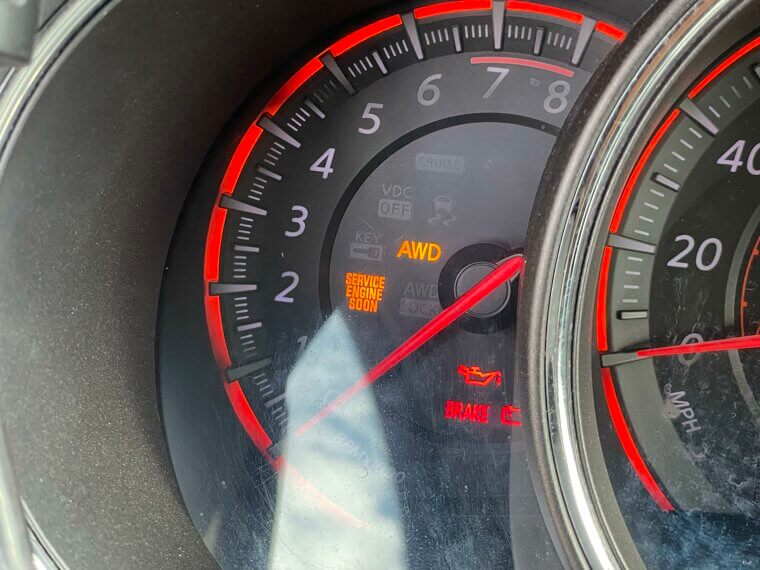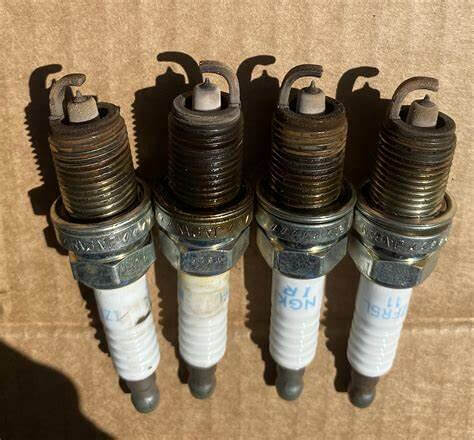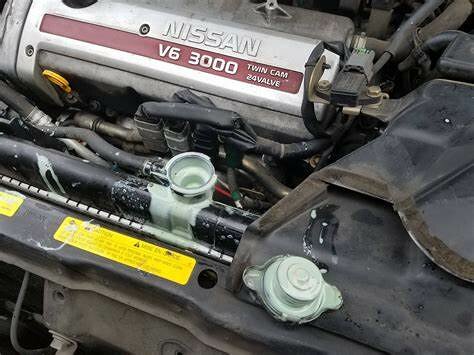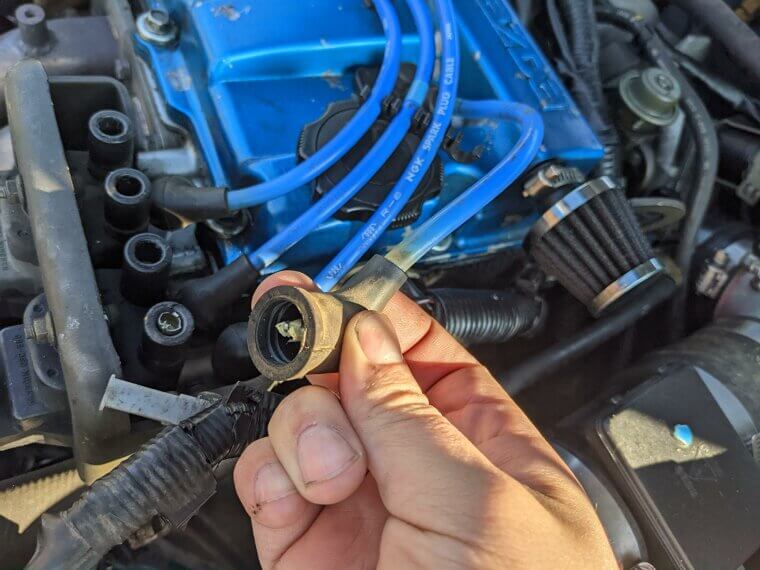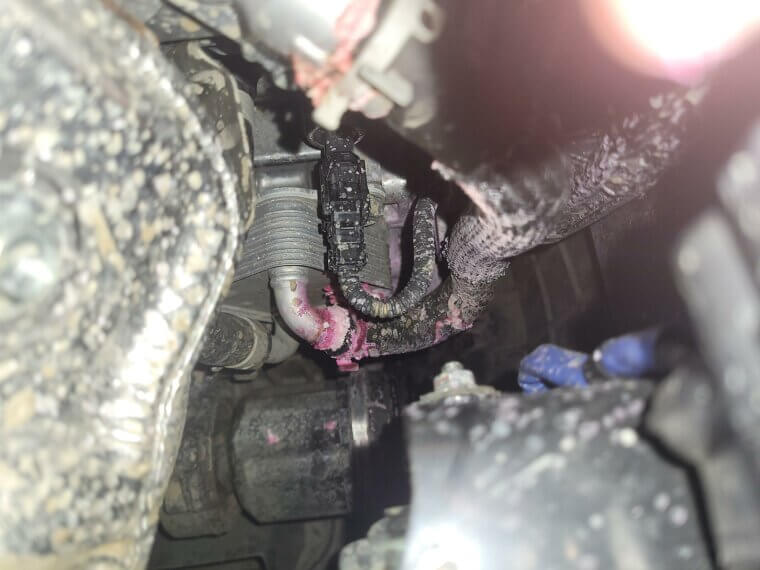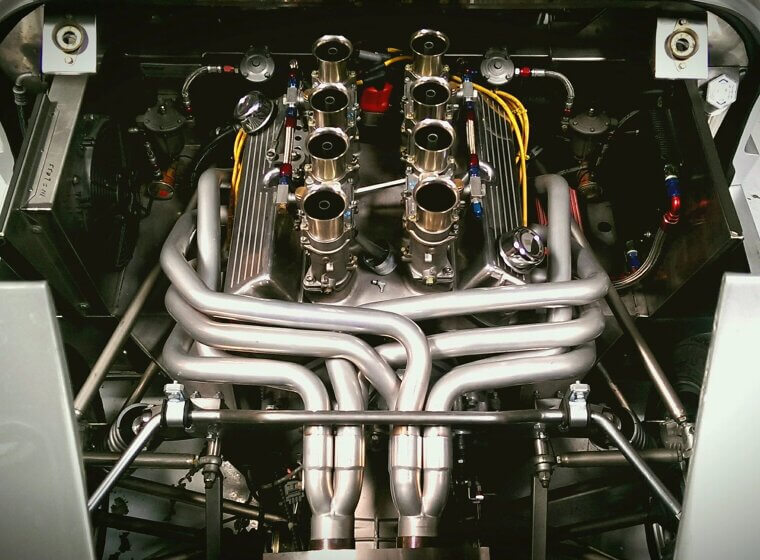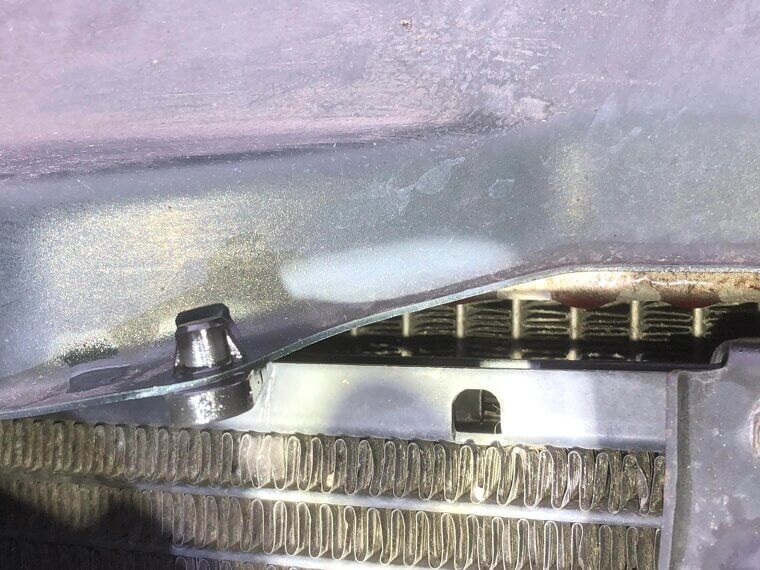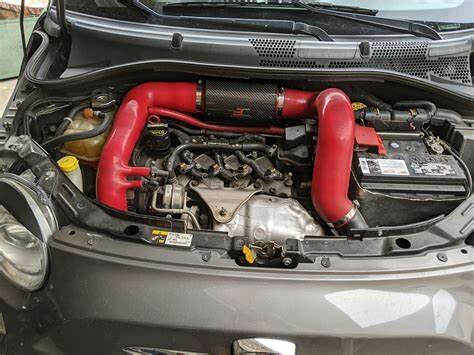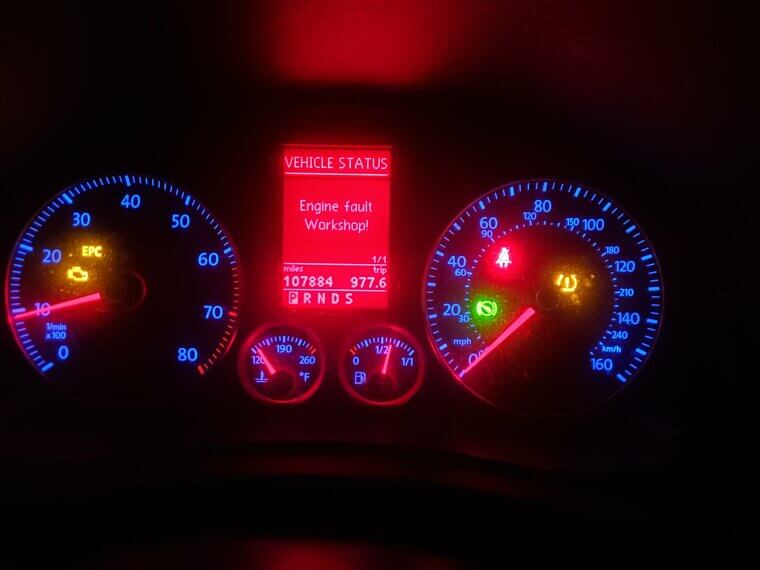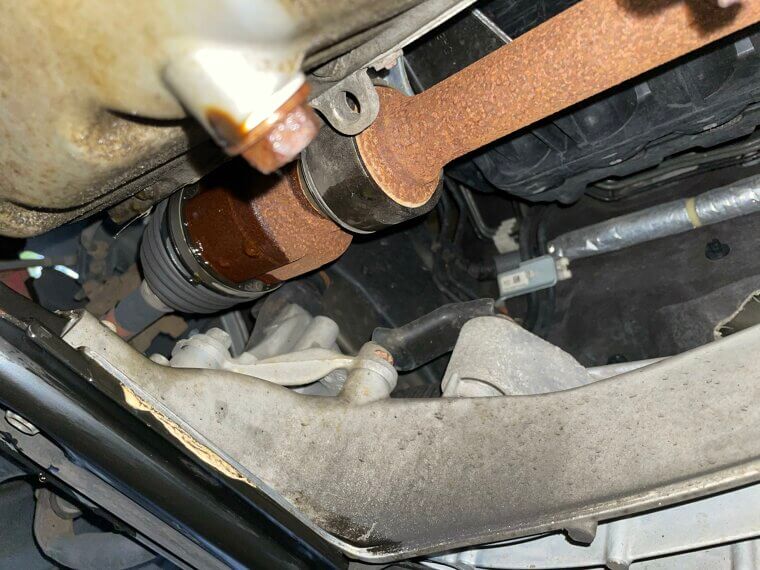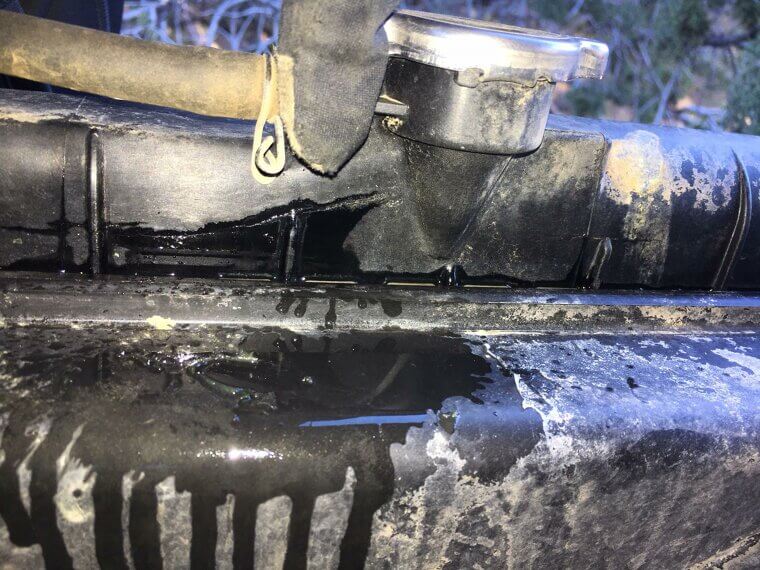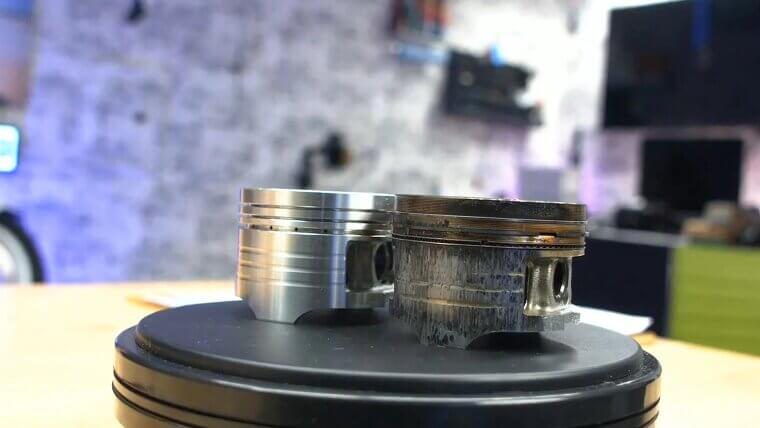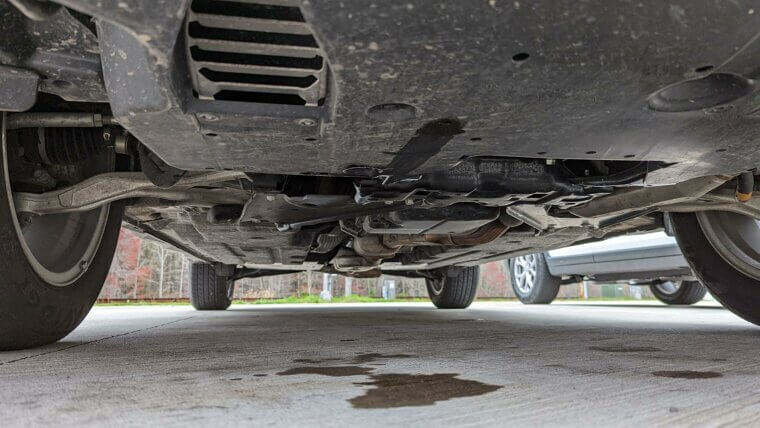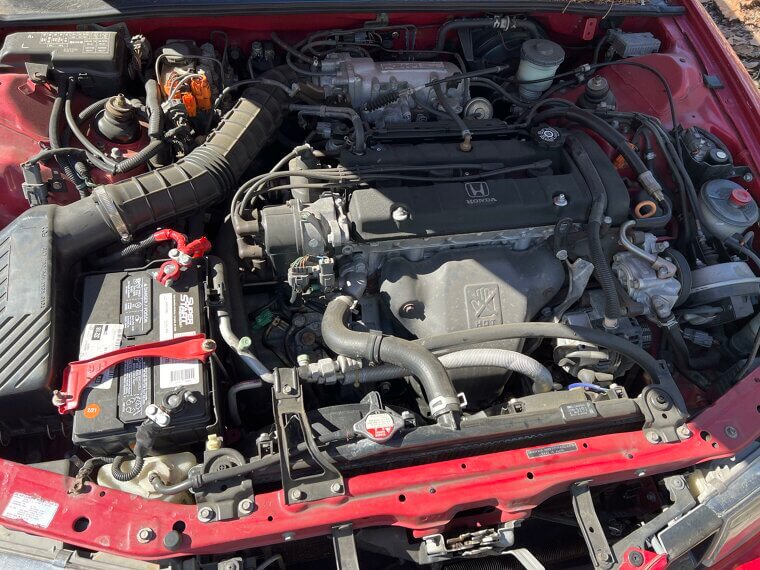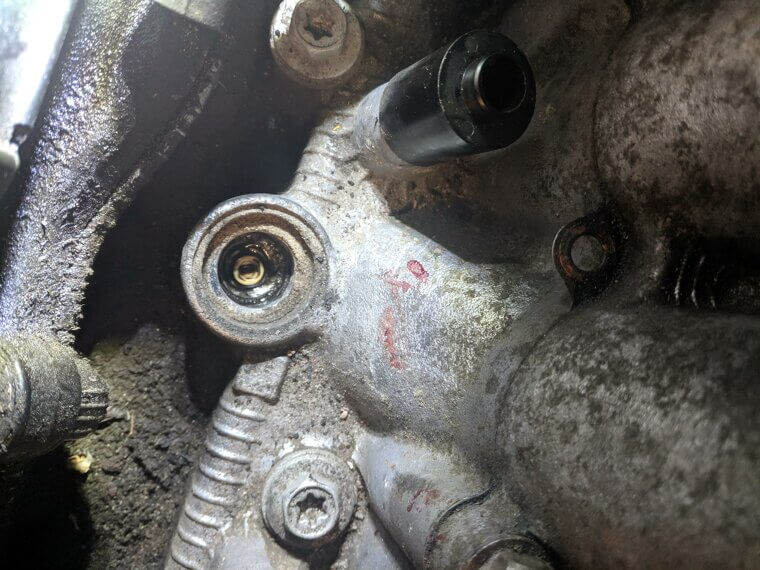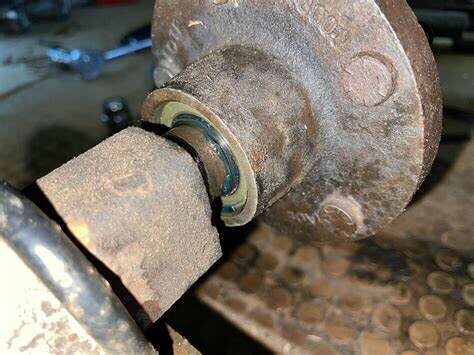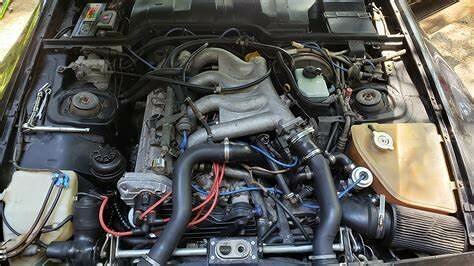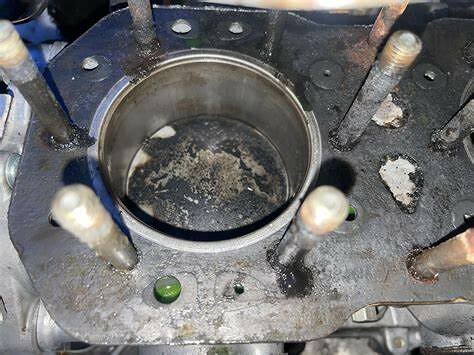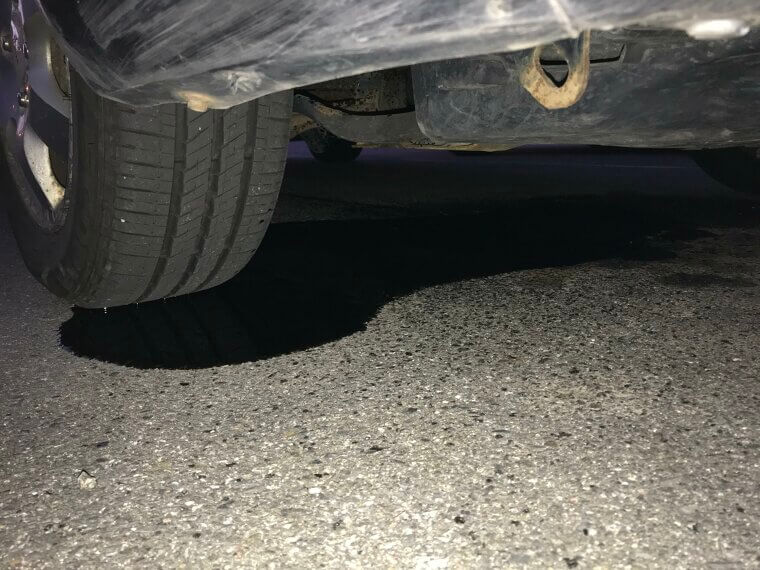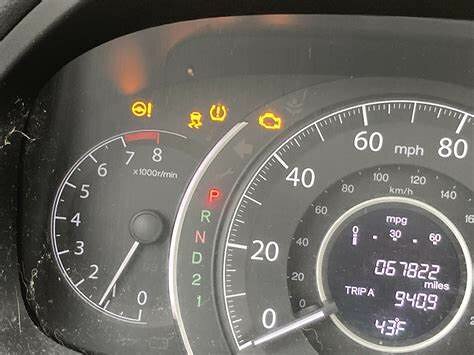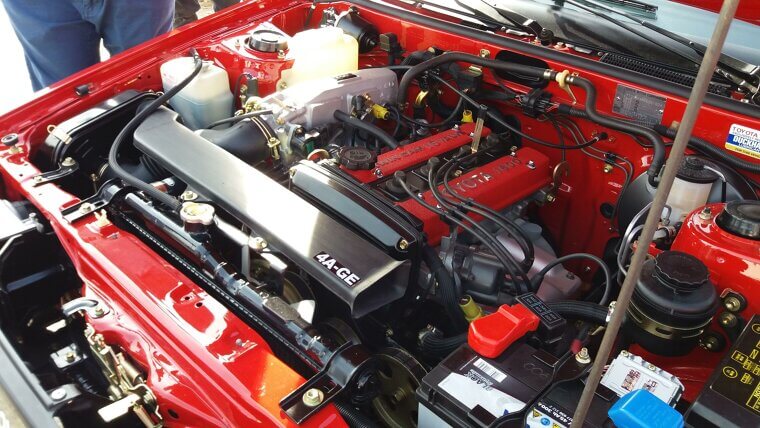Keep an Eye Out for These Engine Problems
If your car isn’t running as smoothly as it should be, there are a multitude of problems that you should consider. In fact, most of the time, people don’t notice the problem until it is too late, especially when it involves the engine. Let’s take a closer look at some common engine problems that people don’t identify until it’s too late.
Aged Spark Plugs
This issue is extremely common, especially in older vehicles. Designed to ignite your engine's fuel, spark plugs are an integral part of any car, meaning that even a minor issue can lead to a disaster down the line. An aged spark plug can lead to a weak ignition, which eventually prevents the engine from turning over entirely.
Overheating
An overheating engine may not seem like anything major, but it can have devastating consequences for your car. Without the necessary intervention, overheating can lead to major repairs or even a complete engine reconditioning.
Misfiring
A misfiring engine is usually the result of a worn spark plug. While this issue isn’t too complicated to fix, it can lead to other problems if left untreated for an extended period. As a rule of thumb, you should replace your spark plugs every 30,000 - 100,000 miles.
Dirty Engine Coolant
If your car is older than 5 years and you haven’t had your radiator refilled or flushed, you probably have dirty engine coolant. Over time, sediment from the coolant will accumulate in your radiator, potentially causing your car to overheat.
Failing Oil Pump
A failing oil pump is a very serious issue. Over time, your car's components will dry out due to a lack of oil, leading to poor lubrication and an increase in engine temperature. Fortunately, this is a relatively straightforward issue to diagnose, as it produces noise from the oil pump and valve train.
Leaking Radiator
Another common cause of an overheating engine is a leaking radiator. As the coolant leaks out, the level will become too low to be effective, leading to engine damage over time.
Damaged Oxygen Sensors
Damaged oxygen sensors can also have a serious impact on the overall function of your engine. This sensor measures the amount of oxygen that hasn’t been burned in the exhaust. On average, it is recommended that drivers check their oxygen sensors after about 80,000 to 100,000 miles.
Stalling
Stalling can be incredibly frustrating—and even embarrassing—when driving, especially in heavy traffic. If you drive an automatic and struggle with stalling, it is usually a sign that there is something wrong with an engine component.
Poor Lubrication
Poor lubrication is a very serious issue when it comes to maintaining your car. After all, it is a machine with a variety of moving metal components. To prevent wear and tear and keep your vehicle running smoothly, be sure to service it regularly.
Blocked Radiators
Unsurprisingly, blocked radiators can also aid in overheating. This is generally caused by old radiator fluid or a cooling system that has not been flushed in some time. To unblock the radiator, drain the old coolant, flush out the particles with water, and refill the radiator with fresh coolant containing antifreeze.
Oil Starvation
Oil starvation can be caused by either a failing oil pump or a lack of motor oil. Over time, this will cause your car's components to rub against each other, leading to failure. Generally, this issue is more common in vehicles equipped with overhead cam engines.
Oil Deposits and Debris
Old oil will leave behind a whole bunch of debris on your engine fittings, including the intake valves and combustion chamber. By taking your car to be serviced, you should be able to avoid this issue entirely, as they will replace your oil filters and keep your bearings running smoothly.
Inadequate Fuel and Air Compression
When it comes to vehicles, inadequate fuel, and air compression is a recipe for disaster. This can be caused by broken seal valves, holes in the cylinders, or overused piston rings.
Bad Fuel Injectors
Fuel injectors play a crucial role in the operation of any vehicle, as they are responsible for delivering fuel to the engine. However, when they become clogged with dirt, they lead to impaired performance and potentially other, more serious issues.
Bearing Failure
Another common engine problem is bearing failure. Luckily, this problem is relatively easy to diagnose, as it produces a loud rattling noise from the engine.
Detonation
Detonation is caused by abnormal combustion inside the engine. This produces excessive heat and pressure, resulting in unwanted damage to the piston and ring lands. Over time, without resolution, detonation will severely damage the engine and lead to numerous subsequent problems.
Blown Head Gasket
Understandably, a car engine is designed to function in extreme conditions of heat and pressure. However, when you have a blown head gasket, serious problems are likely to occur. This includes overheating, loss of engine power, milky oil, and engine misfires.
Oil Leaks
If you notice brown puddles left behind by your car, you more than likely have an oil leak on your hands. While there are several potential causes behind this very common issue, many people leave it unresolved, resulting in a loss of power and impaired engine performance.
Loss of Power
If you experience a sudden drop in power while driving, this could be a sign of serious engine damage. Generally, clogged fuel lines or subpar fuel are the causes of such an issue.
Rough Idle
A rough idle in your engine can be caused by a vacuum leak, dirty air filter, or an issue with your vehicle's ignition system. So, if you notice such an issue, it’s recommended that you visit your mechanic as soon as possible.

